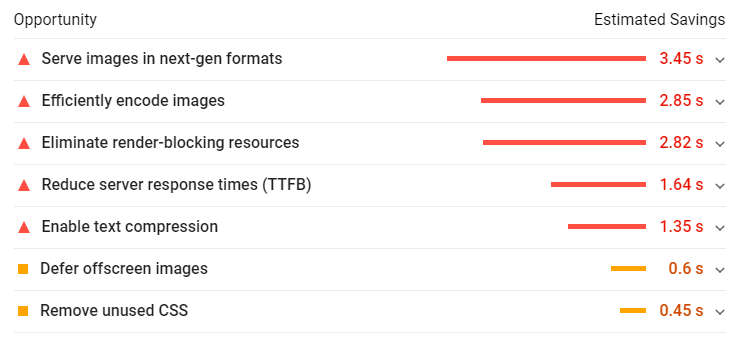There are some tools and platforms that you need to master if you want to be an SEO expert, some of these tools are used for monitoring and tracking others are used to make your work more efficient. Some of those tools will be required for the SEO specialist role and employers ask for them in the job posting.
Google Search Console GSC (Bing also has its own):
This tool has been growing for years and becoming the most important tool for SEO specialists. Why GSC is that important?
- This is only place where you can see what keywords are receiving impressions, clicks, CTR and where do they rank
- The message centre is a great communication tool that Google uses to tell webmasters about issues and improvements for their websites
- The index coverage and crawlability information contain very valuable insights that will help webmasters to understand how Google crawls and index their websites
- A sample of back links is available in GSC
A dedicated post related to Google Search Console will be posted soon I will make sure I link to it form this post
Google Analytics (GA):
"If you can not measure it, you can not improve it.", GA is the tool when it comes to track traffic sources and users' interaction with a website. Key things you need to know how to do in GA:
- Setup goals and track goals per source
- Understand and analyze bounce rate, time on site and pages per session
- Analyze traffic by medium/source
- Attribution models
- Reporting on conversions
It is strongly recommend to be Google Analytics certified by passing the Google Analytics Individual Qualification (IQ) test
Google My Business:
Things you need to learn:
- How to submit and edit a business
- How to monitor users interactions like reviews and phone calls
- How to tag the URL using utm tags so you can identify GMB traffic in GA
Link analysis tools:
Those tools will enable you to analyze the link profile of any website, the most popular usage of those tools is creating competition analysis reports that help to understand the authority gap between your website and other competitors, the most popular ones are:
All of the tools above are paid, buying one of them only could be suffice
Keyword research Tools:
Learning about the client's business then finding relevant keywords to that business is the starting point for any SEO project, there are many tools that can help with that and all of them are using Google's database:
- SEMrush
- Ahrefs
- MOZ
- Google Keyword planner
Website speed tools:
Website speed is a ranking factor with Google, more importantly it can improve user experience and eventually increase conversion rate. It is important to monitor website speed on a regular basis and the best tools that can help with that are:
- Web page test
- GT metrix (I like their speed monitoring service)
- Google Speed test
- Think with Google speed test
- Google Analytics (the numbers there are not very reliable)
Mobile friendliness tools:
Mobile users have surpassed desktop users a long time ago and Google is following that trend by focusing more on mobile users, Google bot desktop is being replaced by Google mobile crawler for the most of mobile ready websites. Having a mobile friendly website that is fast and provides a good user experience is key for SEO success, tools that can help with improving mobile friendliness are:
Structured data tools:
Major search engines use structured data (Schema is the most popular one) to have better understanding of the content structure as structured data can provide content in a database friendly format (almost ready to save to a database without processing), once structured data is added to a website there are many tools that can help to preview them and test them for errors:
Crawlability tools:
The first step any search engine needs to do is crawling the web, if the content is not crawlable or reachable (via a link or a sitemap) then search engines will not find it, index it and rank it. Best tools to find about crawlability issues:
The ability to gain experience and feeling comfortable to use the tools listed on this pages will help you in many ways:
- Your next job interview if you are interviewing for an SEO job
- Monitoring key metrics like ranking, traffic, links, errors and more
- Generating client reports
- Doing keywords content analysis
- Providing clients with useful insights and actionable recommendations


